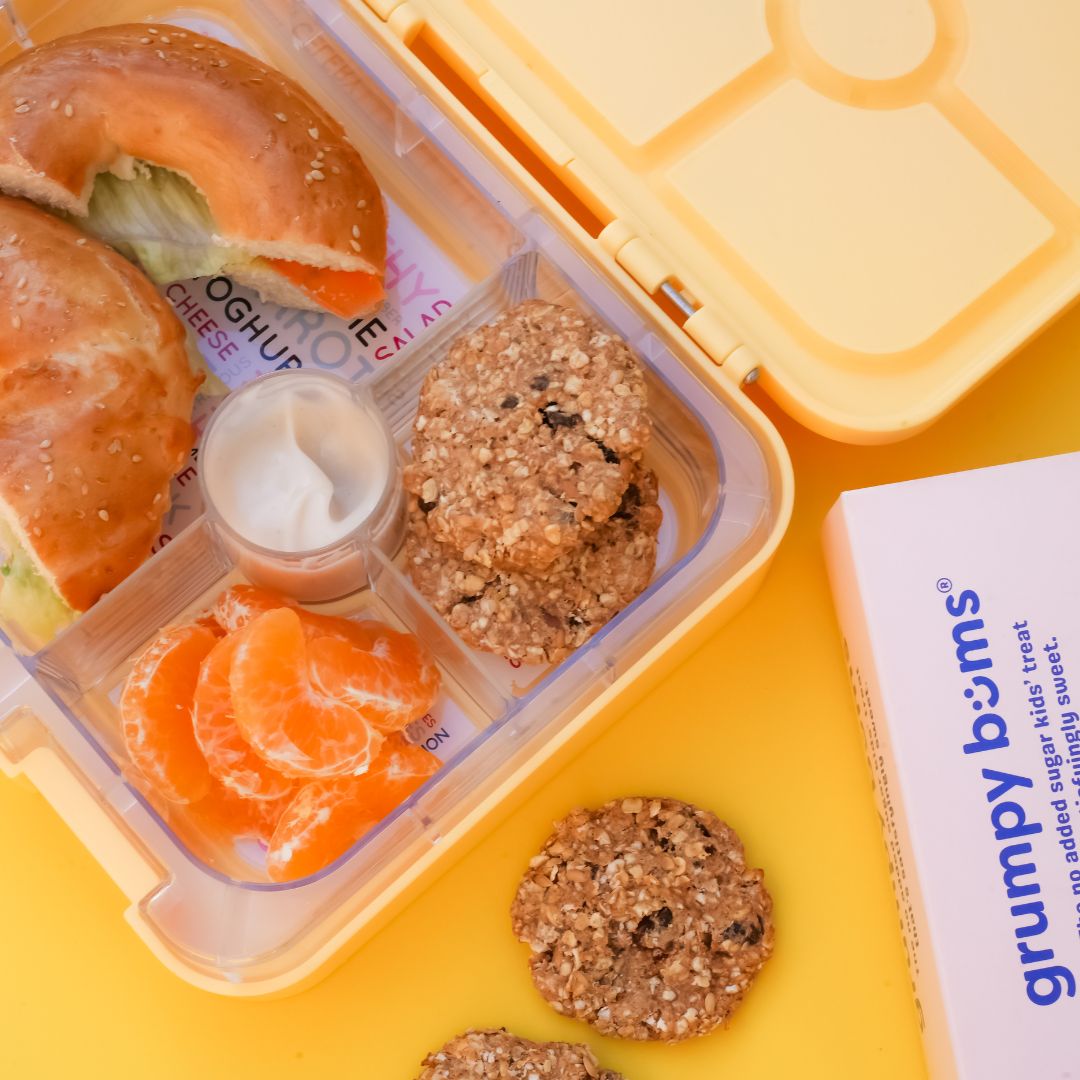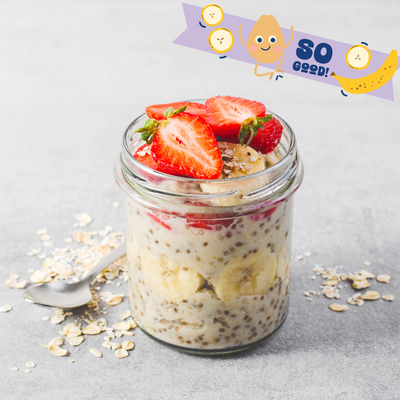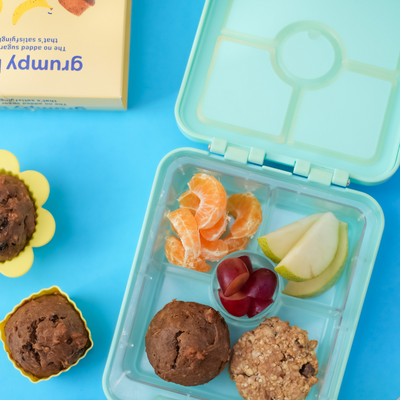By Dietitian Courtney Bates
Sugar has become all too common in modern diets, and its excessive consumption has raised concerns about its impact on our health, particularly in children. Too much sugar can lead to obesity, type 2 diabetes, heart disease and tooth decay. It can also cause a rapid spike in blood sugar levels, followed by a sudden drop, leaving children feeling fatigued and irritable.
How much is too much?
The World Health Organization (WHO) recommends reducing the intake of “free sugars” which includes added sugar plus those naturally in honey, syrups and juices to less than 10%, but preferably 5%, of our total energy. This equates to around 20g (or 5 tsp) a day. Statistics show up to ¾ of children consume more than this. A recent study by the Victorian Cancer Council found ⅔ of baby and toddler products in supermarkets failed to meet the WHO recommendations with concerns around added sugars. A big contributor to children’s sugar intake is commercial cakes and biscuits. The range of Grumpy Bums muffin and cookie mixes all contain NO added sugars and are naturally sweetened with fruit.
My top tips for sugar:
- Natural sugars in dairy and fruit are okay - don’t limit these!
- Try limit package foods which have added sugar as one of the first 3 ingredients - remember sugar is not always listed as ‘sugar’ but other names for added sugars are honey, syrups and some sugars ending in ‘ose’
- Limit juices and sugar drinks - serve water as the main drink
- Save “treat” foods for special occasions - cakes, chocolate






